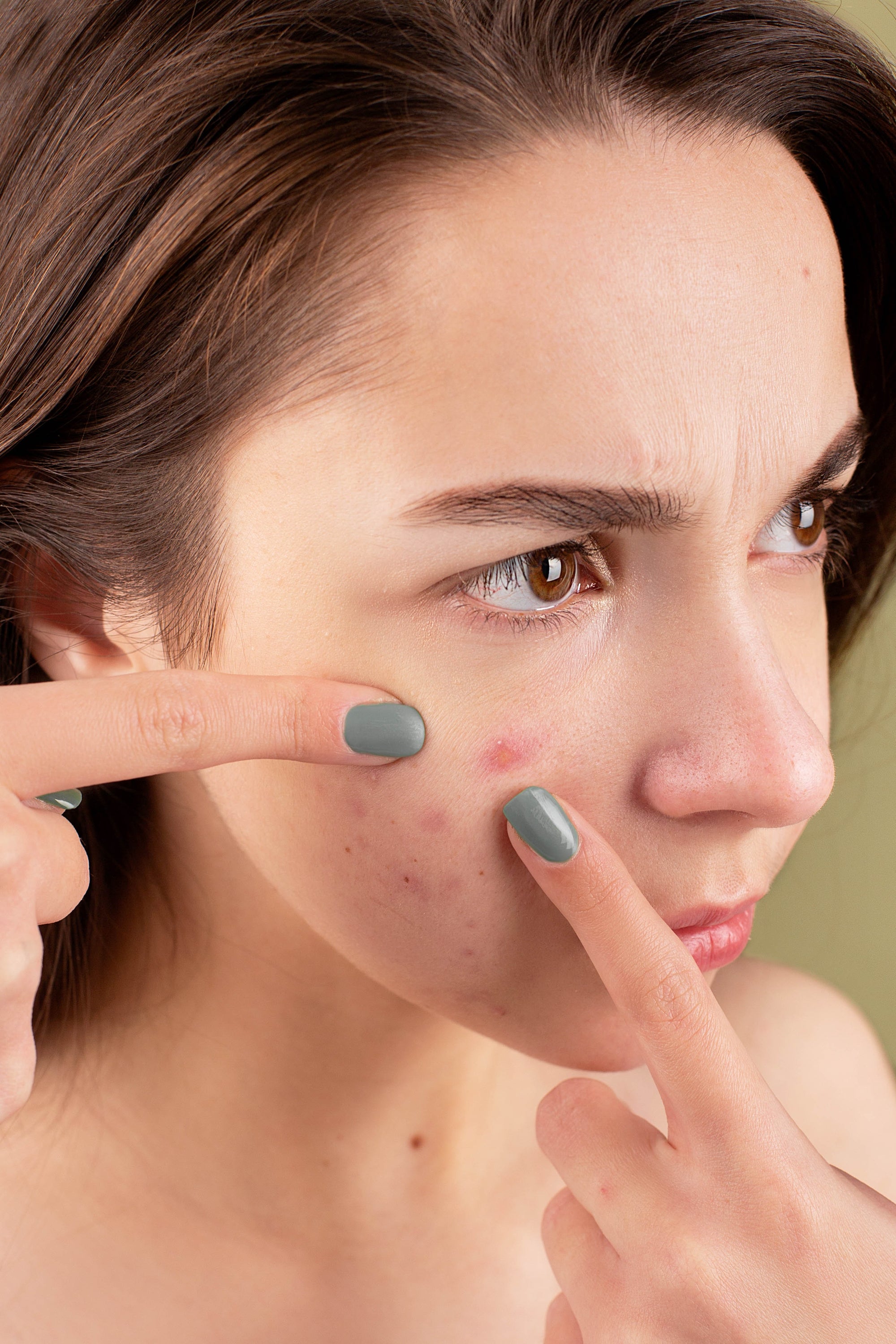

· By Ryan McHargue
The Unexplored Link: Vaping Nicotine and Acne
Over the past decade, vaping has emerged as an increasingly popular alternative to traditional smoking. Marketed as a safer option, countless individuals have adopted this modern method of nicotine consumption. However, while vaping may eliminate some of the more overt risks of tobacco use, it introduces its own set of challenges. One lesser-known side effect of vaping, especially with nicotine-infused e-liquids, is its potential connection to skin issues, notably acne. Let's dive deeper into this topic and explore why transitioning to a zero percent nicotine vape might be a solution.
The Science of Acne
Before understanding the link between vaping and acne, it's essential to grasp the basics of what causes acne. Acne is primarily a result of the overproduction of sebum, an oily substance secreted by sebaceous glands in the skin. When sebum, dead skin cells, and bacteria clog hair follicles, it results in acne. Several factors, including hormonal imbalances, stress, certain medications, and diet, can exacerbate sebum production and acne.
Vaping Nicotine: The Acne Connection
Nicotine, a primary component in many vaping e-liquids, can significantly affect our bodies. Here's how nicotine could be playing a role in acne outbreaks among vapers:
-
Stress and Anxiety: Nicotine is a stimulant that can increase heart rate and blood pressure. Over time, this stimulatory effect can lead to heightened levels of stress and anxiety, both known triggers for acne.
-
Blood Flow Restriction: Nicotine causes vasoconstriction, or the narrowing of blood vessels. Reduced blood flow can deprive the skin of essential nutrients and oxygen, making it more prone to breakouts and less effective at healing existing blemishes.
-
Hormonal Fluctuations: Nicotine influences the release of various hormones in the body, including those that regulate sebum production. An imbalance in these hormones could lead to increased oil production, a significant factor in acne development.
-
Dehydration: Vaping, in general, can lead to dehydration. A dehydrated skin can produce more oil to compensate, leading to a higher chance of clogged pores and acne.
Zero Percent Nicotine Vape: A Potential Solution
Considering the potential links between nicotine and acne, switching to a zero percent nicotine vape appears to be a logical step for those concerned about their skin health. Here's why this change can be beneficial:
-
Eliminate Nicotine-Induced Stress: By removing nicotine from the equation, users can reduce the stimulatory effects of the substance, potentially decreasing associated stress and anxiety levels.
-
Improved Blood Flow: Without nicotine's vasoconstrictive properties, blood vessels can function more optimally, ensuring that the skin receives the necessary nutrients and oxygen for health and repair.
-
Stabilized Hormone Levels: With the absence of nicotine, the hormonal fluctuations linked to sebum production might stabilize, reducing the chances of acne outbreaks.
-
Hydration Benefits: While hydration is more of a general vaping concern than a nicotine-specific one, users conscious of their skin health might be more motivated to stay hydrated, further benefiting their skin.
In Conclusion:
The connection between vaping nicotine and acne is a topic that requires more extensive research for concrete conclusions. However, the evidence suggesting a link is compelling enough for individuals to consider their choices. Transitioning to a zero percent nicotine vape offers a potential solution for those looking to enjoy vaping without the associated skin concerns. As always, anyone experiencing severe or persistent skin issues should consult with a dermatologist or healthcare professional.
